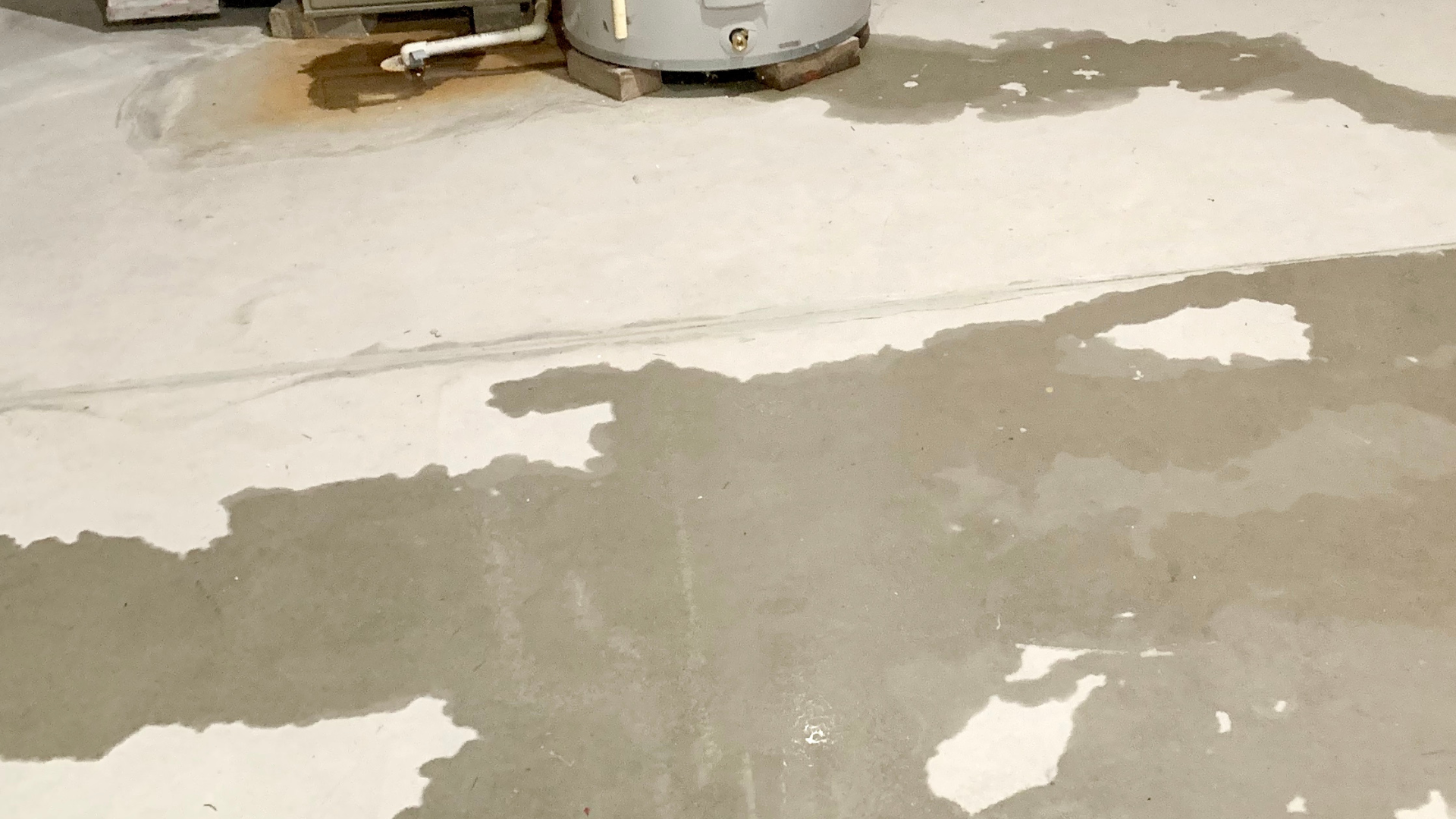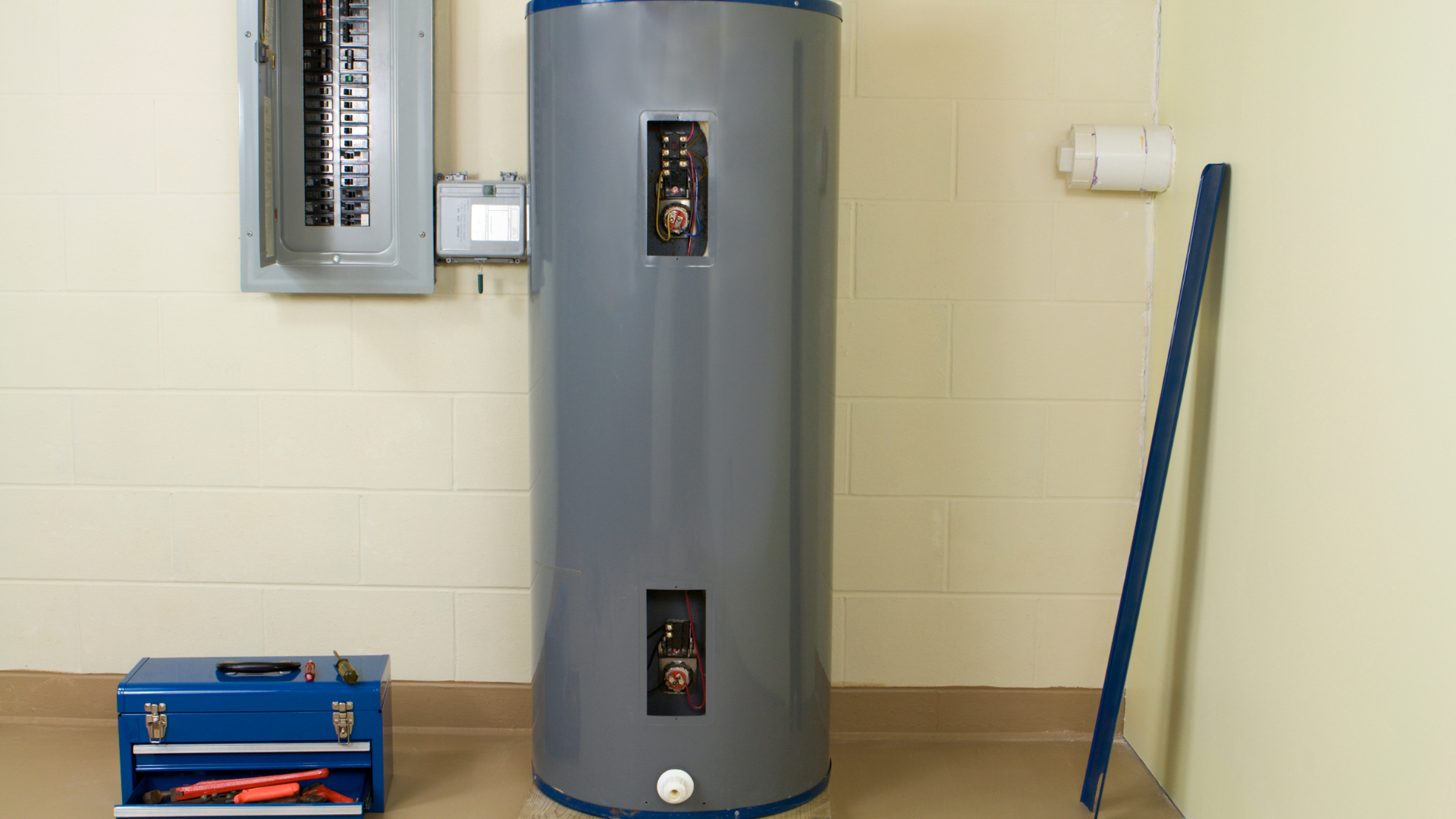New Hampshire
Home Services in the Granite State: A Guide to Licensing, Sales Tax, and Verification in New Hampshire

New Hampshire's approach to regulating home service contractors differs significantly from many other states. Known for its "Live Free or Die" motto, New Hampshire generally has fewer statewide licensing requirements for general contractors, placing more emphasis on specialized trades and local regulations. Understanding these nuances, along with the state's unique sales tax situation, is key for homeowners undertaking projects.
Licensing Requirements for Home Service Contractors in New Hampshire
Unlike many states, New Hampshire does not have a statewide general contractor license. This means that for general home improvement projects, a contractor may not be required to hold a specific state-issued license. However, there are important caveats:
- Business Registration: All businesses operating in New Hampshire, including contracting businesses, must register with the New Hampshire Secretary of State's office. This is a fundamental requirement for legal operation.
- Workers' Compensation Insurance: If a contracting business has employees, it is mandated to obtain workers' compensation insurance.
- Specialized Trades Require State Licenses: While general contractors are largely unregulated at the state level, certain specialized trades do require specific state licenses to perform work legally. These include:
- Plumbers: Both Journeyman and Master Plumbers must be licensed through the New Hampshire State Board of Examiners of Plumbers. This involves completing an apprenticeship (e.g., 8,000 hours on-the-job training and 576 hours of classroom instruction) and passing an exam.
- Electricians: Journeyman and Master Electricians must be licensed through the New Hampshire Board of Electricians. Similar to plumbing, this typically involves extensive field experience and classroom training, followed by a licensing exam.
- HVACR (Heating, Ventilation, Air Conditioning, and Refrigeration): HVACR contractors are also subject to state-level licensing.
- Lead Abatement and Asbestos Abatement: Contractors involved in lead or asbestos removal must obtain specific certifications from the New Hampshire Department of Health and Human Services or Department of Environmental Services.
- Local Municipal Requirements: Crucially, many licensing and permitting requirements are handled at the local municipal level. Before hiring any contractor, homeowners should always check with their city or town's building department for specific local licensing, bonding, or permitting rules that may apply to their project. Some municipalities may require general contractors to be registered or bonded, even if the state does not.
Performing specialized work without the required state license can lead to significant penalties, including fines and potential legal action.
How Sales Tax Applies to Home Service Projects in New Hampshire
This is perhaps the simplest aspect of New Hampshire's home services landscape: New Hampshire does not have a general statewide sales tax. This applies to both goods and services, including most home service projects.
Therefore, when you engage a contractor for a home improvement, repair, or maintenance project in New Hampshire, you will generally not be charged sales tax on the labor or the materials. This is a significant distinction from states that levy sales tax on various aspects of construction and repair.
While there is no general sales tax, it's always wise to ensure that your contractor is transparent about their pricing and that the absence of sales tax is reflected in the total cost.
How to Verify Licensing in New Hampshire
Given the decentralized nature of contractor licensing in New Hampshire, verifying credentials requires checking multiple sources:
- New Hampshire Office of Professional Licensure and Certification (OPLC): This is the primary resource for verifying state-issued professional licenses for specialized trades like plumbers, electricians, and HVACR technicians.
- Website: Visit the OPLC License Lookup tool: https://www.oplc.nh.gov/license-lookup
- Search: You can search by profession (e.g., "Plumber," "Electrician") and the individual's name. This will show if their specific trade license is current and valid.
- New Hampshire Secretary of State - Business Lookup: To verify that a general contracting business is legally registered to operate in the state, you can use the Secretary of State's business lookup tool.
- Website: Visit the NH QuickStart Business Lookup: https://quickstart.sos.nh.gov/online (or search for "NH Secretary of State Business Lookup").
- Search: Enter the business name to confirm its registration status.
- Local Municipal Building Departments: For projects requiring permits or to check for any local contractor registration requirements, always contact your city or town's building department or clerk's office. They can inform you of local regulations, necessary permits for your specific project, and any local registration or bonding requirements for contractors.
- Proof of Insurance: Request proof of general liability insurance and, if the contractor has employees, workers' compensation insurance. While not a license, these are crucial for your protection. You can verify the insurance with the issuing company directly.
It is highly recommended to perform these checks before engaging any home service contractor in New Hampshire. Even if a state license isn't required for their particular service, verifying business registration and checking for local requirements provides crucial peace of mind and protection.
Sources
- New Hampshire Office of Professional Licensure and Certification (OPLC) License Lookup: https://www.oplc.nh.gov/license-lookup
- New Hampshire Secretary of State - Business Services (QuickStart): https://quickstart.sos.nh.gov/online
- ServiceTitan - New Hampshire Contractor License & Certification: https://www.servicetitan.com/licensing/contractor/new-hampshire
- Handyman Startup - Handyman Licenses in New Hampshire: https://www.handymanstartup.com/handyman-license-laws-new-hampshire/
- Contractors Liability - New Hampshire Contractor Licensing 2024: A Checklist: https://contractorsliability.com/blog/general-contractor-license-new-hampshire/
- Avalara - Sales Tax Requirements for Construction Contractors: https://www.avalara.com/blog/en/north-america/2023/01/sales-tax-requirements-for-construction-contractors.html
- Avalara - State-by-state guide to charging sales tax on services: https://www.avalara.com/us/en/learn/whitepapers/service-taxability-by-state.html
Click Another Article to Read More










